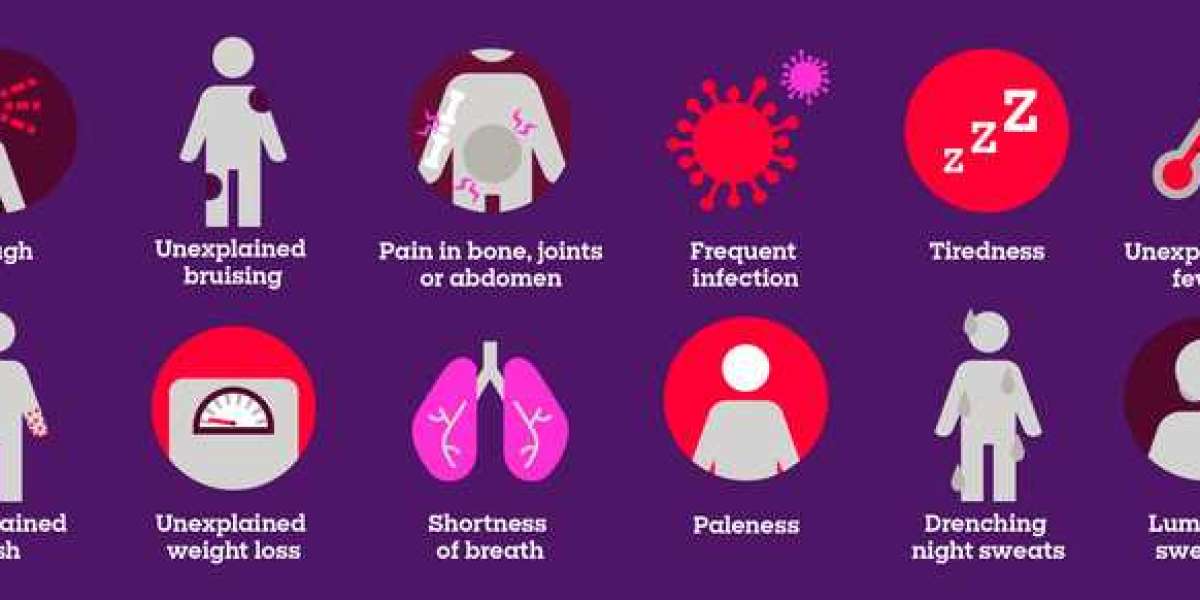Cancer symptoms can vary widely depending on the type of cancer, its location, and its stage. It's important to note that many of these symptoms can also be caused by conditions other than cancer. If you are experiencing persistent symptoms, it is crucial to consult with a healthcare professional for a thorough evaluation.
Here are some general signs and symptoms that may indicate the presence of cancer:
- Unexplained Weight Loss: Significant and unexplained weight loss can be a symptom of various cancers.
- Fatigue: Persistent fatigue that doesn't improve with rest might be a symptom of cancer.
- Pain: Persistent pain, especially if it is localized and doesn't have an apparent cause, could be indicative of cancer.
- Changes in the Skin: Changes in the color, size, or shape of moles or the development of new skin abnormalities can be a sign of skin cancer.
- Changes in Bowel or Bladder Habits: Persistent changes in bowel or bladder habits, such as blood in the stool or urine, can be symptoms of colorectal, bladder, or prostate cancer.
- Persistent Cough or Hoarseness: A persistent cough, hoarseness, or changes in the voice can be symptoms of lung or throat cancer.
- Difficulty Swallowing: Difficulty in swallowing, known as dysphagia, may be a symptom of esophageal or throat cancer.
- Changes in Menstrual Cycle: Unexplained changes in menstrual cycles or bleeding between periods can be a symptom of gynecological cancers.
- Lumps or Thickening: Unexplained lumps or thickening in the breast or other parts of the body may be indicative of cancer.
- Difficulty in Breathing: Persistent shortness of breath or difficulty breathing can be associated with lung or other cancers.
- Persistent Indigestion or Discomfort: Chronic indigestion, stomach pain, or discomfort may be associated with stomach or other gastrointestinal cancers.
- Changes in the Mouth: Persistent white or red patches on the gums, tongue, or lining of the mouth may be signs of oral cancer.
Remember that these symptoms can be caused by various health conditions, and having one or more of these symptoms doesn't necessarily mean you have cancer. However, if you notice any persistent or unusual changes in your body, it's essential to seek medical attention for a proper diagnosis and appropriate care. Early detection and intervention can significantly improve outcomes for many types of cancer.



